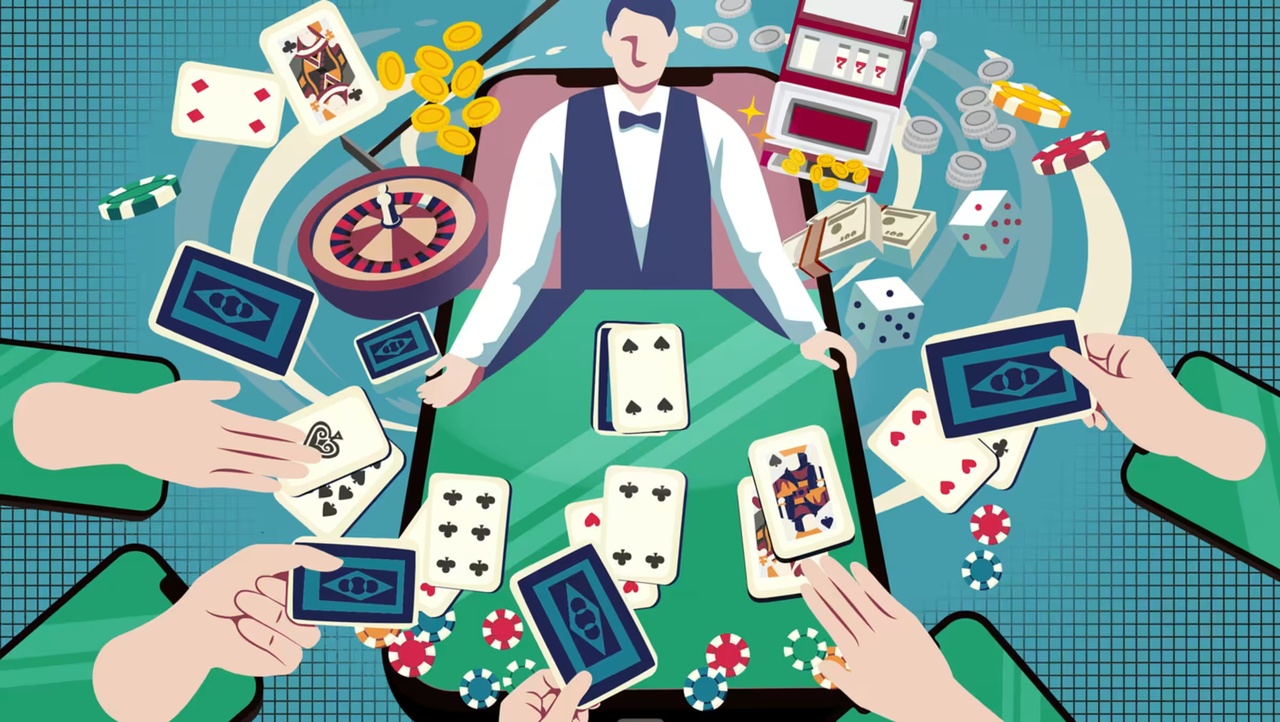The House Won, at Least I Learned
I think most investors have that one stock that looked so good on paper that you convinced yourself it’s a no-brainer, and the market is wrong. Turns out sometimes the market is exactly right in assessing potential — much more than any individual investor ever could. And I just learned that the hard way with my “bet” (ironic, considering the industry) on Gambling.com Group. It checked all the boxes: extremely strong projected growth, high margins, low capital intensity, exposure to the booming U.S. betting market. A P/E falling faster than the account balance of a notorious gambler. What could go wrong, right? Well, pretty much everything that wasn’t visible at first glance.
The main problem: I didn’t research Gambling.com enough. I looked at the numbers, the valuation, and the industry tailwinds and thought, “this is perfect.” The industry sold me, not the company. The company just seemed great on numbers, though that’s never the whole story. Just look at Adobe: a phenomenal balance sheet, still, I wouldn’t touch it with a ten-foot pole. For Gambling.com, I didn’t think deeply about the moat or, rather, the lack of one. The competitive position (“The Moat”) is usually one of the key qualitative metrics I look at before anything else. Not on this one, unfortunately. In theory, the business is scalable and asset-light. In practice, it’s fragile and highly dependent on Google rankings, regulation, and betting operator relationships. Its biggest “assets” are domain names and SEO placement. That’s not a moat — that’s hope dressed up as defensibility.
So why didn’t I sell earlier? Pride. Simple as that. The position got bigger as the price went lower because I kept telling myself I was averaging down on a misunderstood gem. In reality, I was just doubling down on a mistake. It became a position that didn’t fit my portfolio anymore, and I knew it. But I refused to admit it until the loss hit 25%, and I finally pulled the plug. Maybe the stock will rebound at some point and prove me (and the market) wrong, but I want this to be a reminder not to buy into something just because the numbers add up.
The money didn’t go far — just from a weak affiliate to a near-monopoly. I rotated the position into Evolution AB, arguably the best company in the global gaming space. If Gambling.com was a good idea executed badly, Evolution is a masterclass in execution. It dominates the live casino industry with ~70–75% market share, has an FCF margin north of 50% (close to S&P Global territory), and builds infrastructure so complex that no one can realistically catch up. That’s the kind of company I want to own — the kind that fits the pattern of my usual suspects like ASML, S&P Global, or MSCI: dominant, cash-rich, defensible, and indispensable.
Honestly, I could have thought of that earlier, and it would have saved me a lot of money, but it will serve as a reminder. On the big graveyard of failed ideas, where most concepts die before I even invest, Gambling.com will get a prime spot — a massive tombstone right at the entrance, the kind that makes you stop and think what went wrong. Probably right next to Lilium, by the way. Not much money lost on that one, but still quite embarrassing in hindsight to invest in flying cars that won’t even take off and believing in German innovation.
Back to my new holding: Evolution isn’t flawless — very few companies are. Regulatory risk will always hang over it, and headlines can shake the price short term. But in terms of structural quality, this is a company that can easily compound for years. It’s still undervalued relative to its moat and earnings power, which is rare these days. With a P/E between 10–12, risk is priced in, and the competitive position seems to be disregarded. This is arguably the single best way to profit from the online gambling boom with a very safe “toll booth” pick.
This wasn’t just a portfolio move — it was a learning experience. Buying into a “hot” theme without understanding the moat is speculation, not investing. I confused growth with durability. Evolution fixes that mistake. It might not be as exciting as a small-cap moonshot, but it’s built to last.
The irony of the story is that you could equate my move to gambling — the house won. Now I’m investing in its suppliers.



